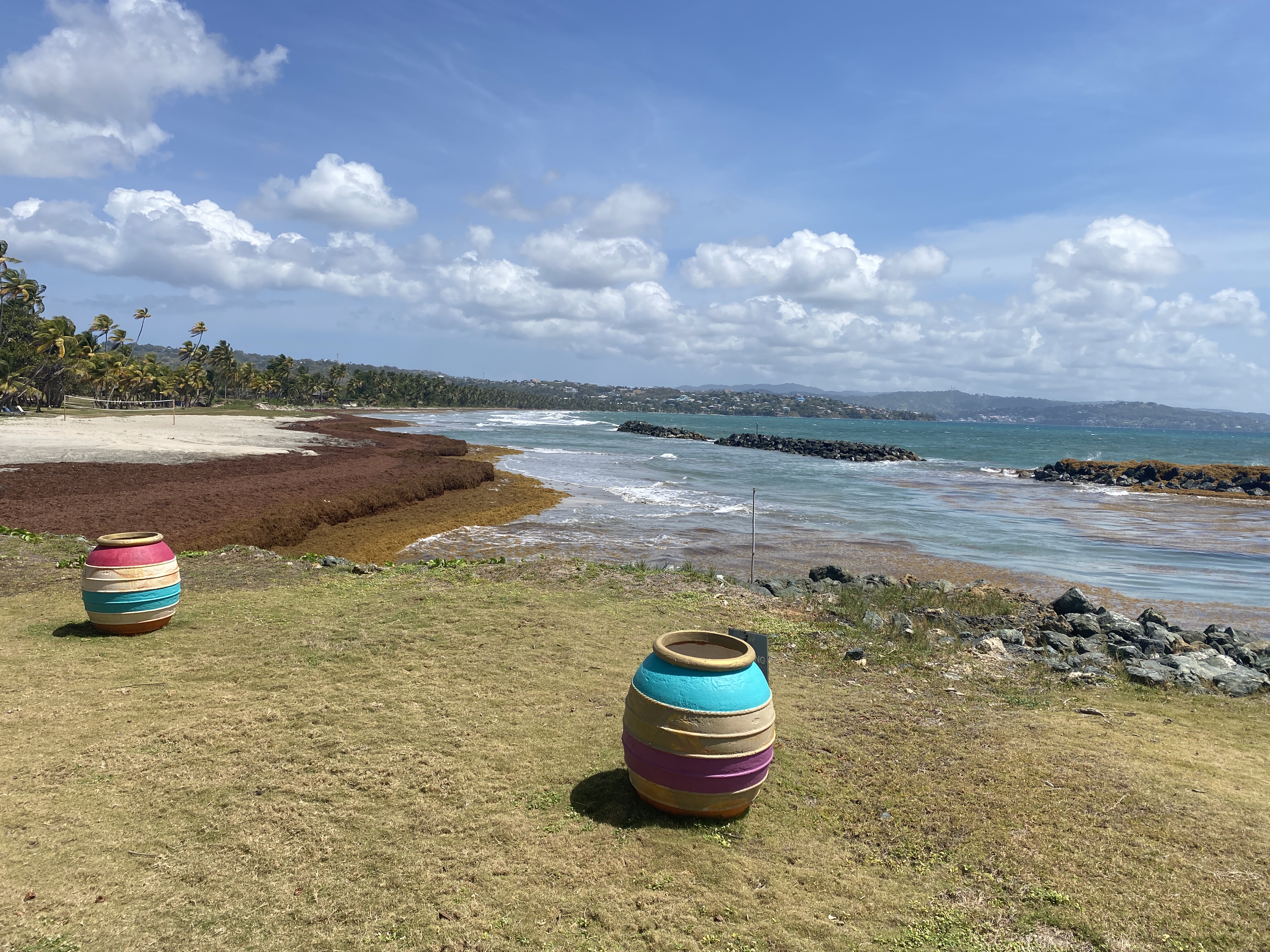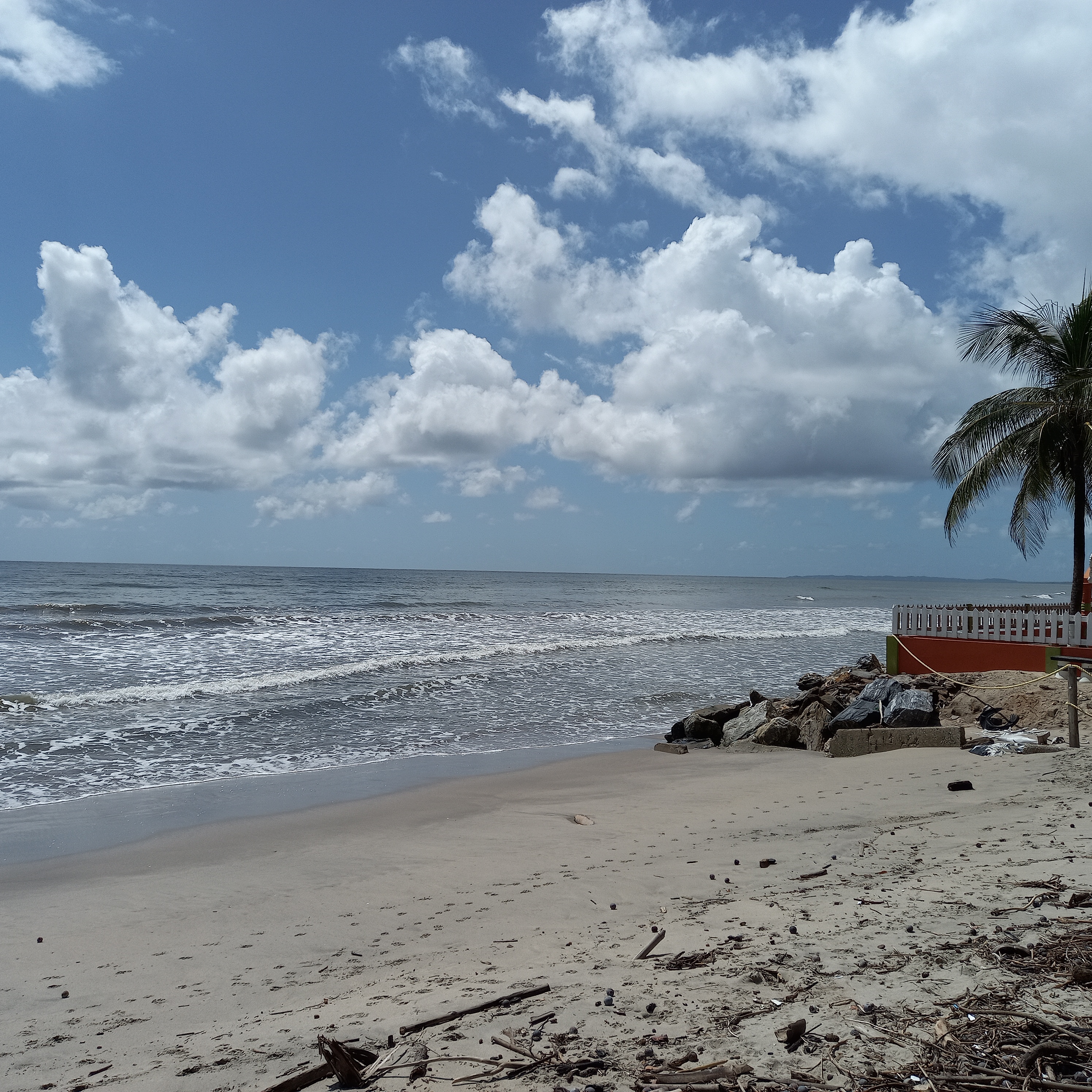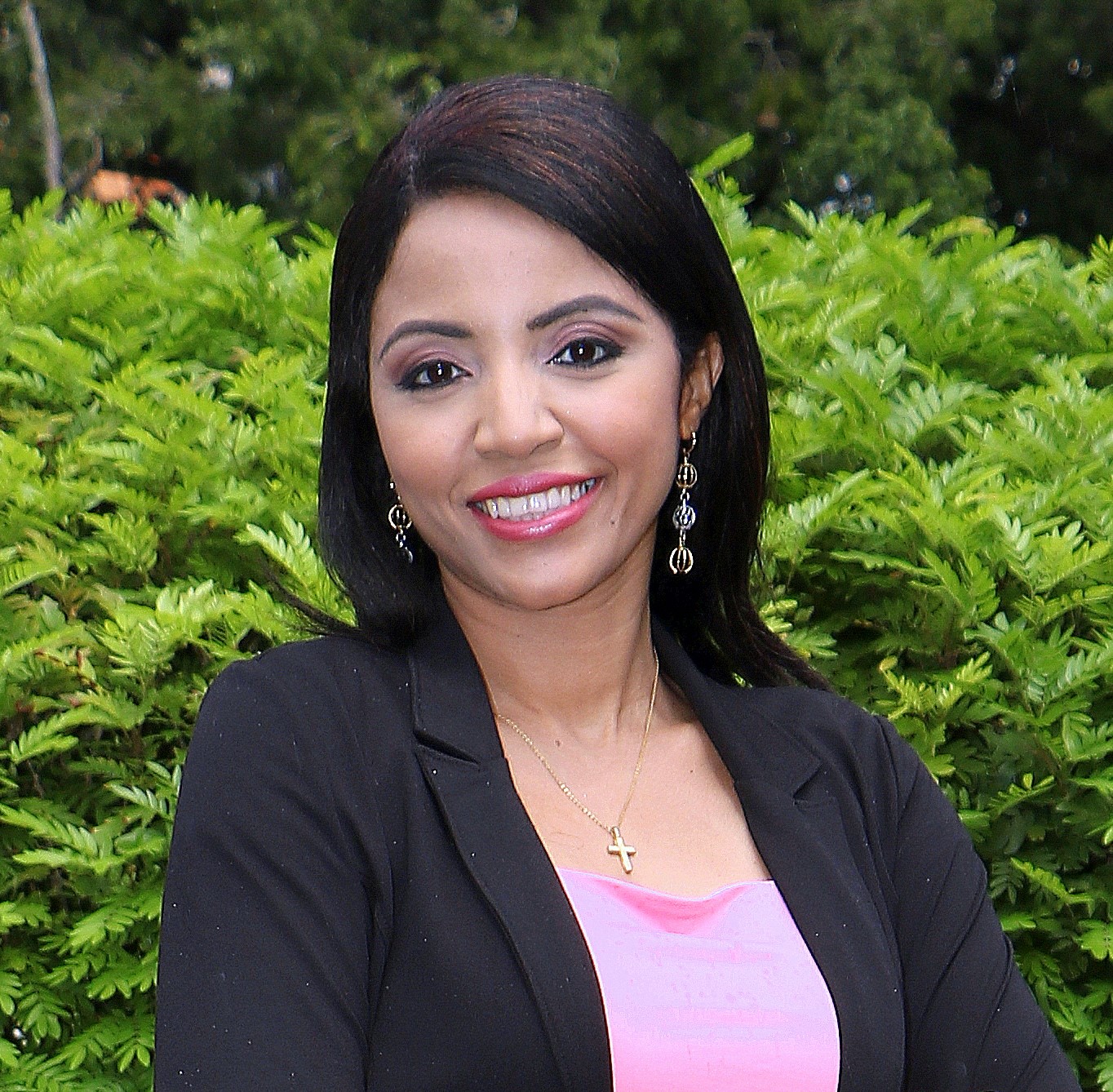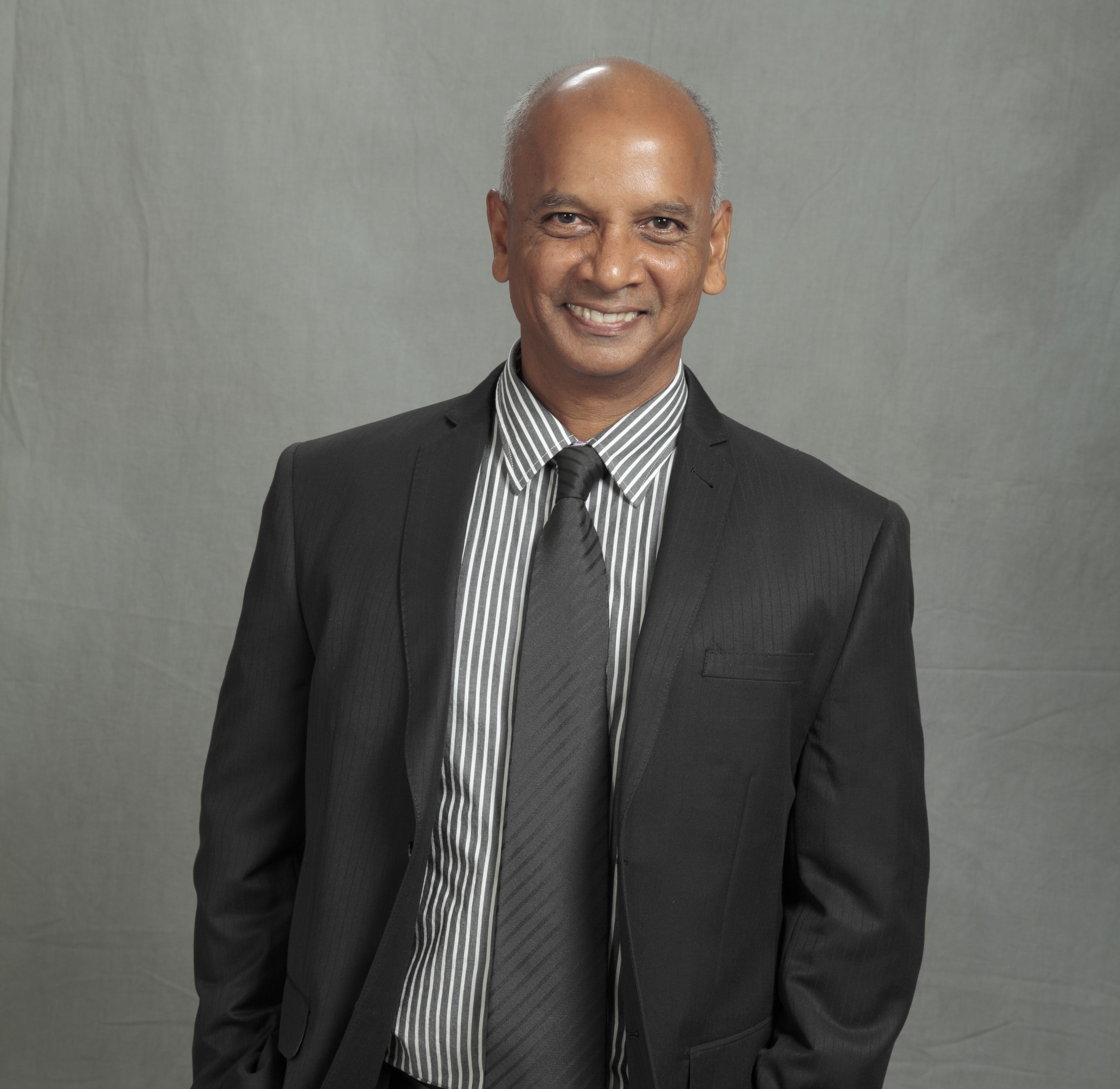
Magdalena Beach, Tobago
‘Using Artificial Intelligence (AI) to improve coastal resilience in data-sparse locations: Caribbean region case study (AI4COASTS)’ is an innovative project dedicated to improving coastal resilience in the Caribbean. By leveraging artificial intelligence (AI), nature-based solutions, and community engagement, we aim to address the critical challenges posed by climate change, including flooding, erosion, and storm surges. Our project focuses on creating sustainable and actionable strategies for vulnerable coastal communities while advancing scientific knowledge in the field.
About the Project
Background
Climate change poses a significant threat to coastal regions, putting communities and natural environments at risk. Rising sea levels, increased flooding, and intensified storm surges jeopardize the liveability and sustainability of these areas (IPCC, 2022). AI4COASTS integrates AI tools to generate data-driven insights and actionable recommendations, enabling effective decision-making to address these challenges.
The AI4COASTS project is a collaborative effort funded by the Marine Institute’s Shared Ocean Initiative grant. This partnership brings together experts from the University of the West Indies (UWI), University College Dublin (UCD), and other regional stakeholders to address the pressing challenges faced by Caribbean coastal communities. The grant supports cutting-edge research and practical solutions to enhance the resilience of these communities in the face of climate change impacts.
- Timeframe: The project officially began in May 2024, with activities continuing for 18 months through October 2025.
- Funding: Project Grant worth €99,881. Supported by the Our Shared Oceans Project Programme Direct Funding Project Award supported by Irish Aid through the Marine Institute in Ireland, fostering regional and international collaboration to develop solutions for coastal resilience.
Vision
To transform coastal management by integrating innovative AI solutions, ecological approaches, and community-driven strategies, ensuring sustainable and resilient coastal ecosystems.

Key Objectives
To revolutionize coastal management by integrating innovative AI solutions, ecological approaches, and stakeholder engagement, creating a blueprint for sustainable and resilient coastal regions.
- Risk Assessment and Prediction: Develop machine learning models to predict risks such as flooding and erosion.
- Resilience Indices: Create hazard and vulnerability indices to assess and improve coastal resilience.
- Nature-Based Solutions: Leverage natural defenses, including mangroves and coral reefs, for flood and erosion mitigation.
- Community Engagement: Educate and involve local communities in resilience strategies.
- Open-Access Resources: Provide processed datasets and findings to inform broader research and policymaking.
Stakeholder Engagement
Engaging stakeholders is central to the AI4COASTS project. Collaboration with local communities, policymakers, and researchers is crucial for:
- Accessing and Exploring Datasets: Ensuring data is representative and relevant for the development of models and indices.
- Informing and Empowering Communities: Sharing findings through workshops, reports, and tailored education strategies.
- Disseminating Outputs: Delivering study results directly to stakeholders and across the wider Caribbean to promote actionable solutions.
Team Members
Our project is driven by an interdisciplinary team of researchers and experts:

Dr. Letetia Addison (Principal Investigator, The UWI): Leading the project’s vision, research coordination, and data-driven coastal resilience strategies.
Letetia Addison holds a Ph.D. in Mathematics and an M.Phil. in Statistics from The University of the West Indies (UWI), St. Augustine, Trinidad and Tobago. She is a Senior Fellow of Advance HE, with over a decade of experience lecturing in tertiary courses in Mathematics and Statistics at The UWI. Letetia specializes in data-driven research in climate change resilience and higher education. In 2024, she led her team to win the Global AI Innovation Challenge hosted by the UNFCCC with their proposal “AI-driven Climate Resilience for Small Island Developing States (AI4SIDS).” She also spearheaded the winning prototype for flood risk prediction in the 2022 GRD Climate Resilience Data Challenge. Dr. Addison serves on the Disaster Risk Reduction Centre Advisory Board and the American Statistical Association, and she is a Women in Data Science Ambassador, advancing outreach and advocacy in data science.

Dr. Deborah Villarroel-Lamb (Co-Investigator, The UWI): Specialist in coastal and marine engineering, guiding technical solutions and development of data-driven resilience frameworks.
Deborah Villarroel-Lamb is a Lecturer in the Department of Civil and Environmental Engineering at The University of the West Indies (UWI), St. Augustine, Trinidad and Tobago. She holds a BSc and PhD in Civil Engineering from The UWI St Augustine Campus and is a past recipient of the Newton Internal Fellowship from the Royal Society (UK). Deborah is a Chartered Civil Engineer and is a member of the Institute of Civil Engineers (UK) and the American Society of Civil Engineers (USA). She specialises in coastal engineering, which includes ocean hydrodynamics, coastal morphology and coastal engineering solutions.

Prof. Patrick Hosein (Co-investigator, The UWI): Expert in data science and AI applications for environmental challenges.
Patrick Hosein, with a PhD in Electrical Engineering and Computer Science from MIT, holds five degrees. He has a rich professional background at Bose, Bell Labs, AT&T, Ericsson, and Huawei, publishing more than 150 papers and holding 41 patents in telecommunications. Recognized as a 2015 Anthony Sabga Caribbean Laureate, he presently serves as the administrative and technical contact for the TT top-level domain, TTNIC CEO, and a Computer Science Professor at the University of the West Indies. His research spans Applied Data Science, Operations Research, and Performance and Pricing Optimization for Cellular Networks.

Dr. Md. Salauddin (Co-Investigator, UCD): Specialist in coastal engineering, contributing to the development of data-driven resilience frameworks.
Dr. Md Salauddin is an Assistant Professor at the UCD School of Civil Engineering with over nine years of experience in coastal and offshore science. His work focuses on physical and numerical modeling, climate resilience, and critical infrastructure protection. He has published over 50 research papers and secured approximately €1 million in research funding since 2022 from agencies such as CHIST-ERA EU and EPA Ireland. Dr. Salauddin leads several major projects, including the TROCI Project, developing AI tools for water-energy infrastructure interdependencies, and the RESTORE Project, assessing river restoration measures. He also investigates groundwater impacts (CIIMA Project) and climatic extremes on protected areas (EXTREMES Project). He previously contributed to the INTERREG Ireland-Wales project on eco-engineering for coastal adaptation and actively collaborates on water-energy nexus challenges through NEXUSNET Cost Action.

Ms. Nidia Sookoo (Research Assistant, The UWI): Focused on machine learning applications for coastal resilience indices addressing data sparsity challenges.

Mr. Md. Usman Saeed Khan (MSc Researcher, UCD): Exploring AI-based water quality prediction models.
Together for Resilient Coasts
The AI4COASTS project is transforming coastal resilience through cutting-edge technology, community empowerment, and ecological innovation. Join us in building a sustainable and resilient future for coastal communities across the Caribbean!
